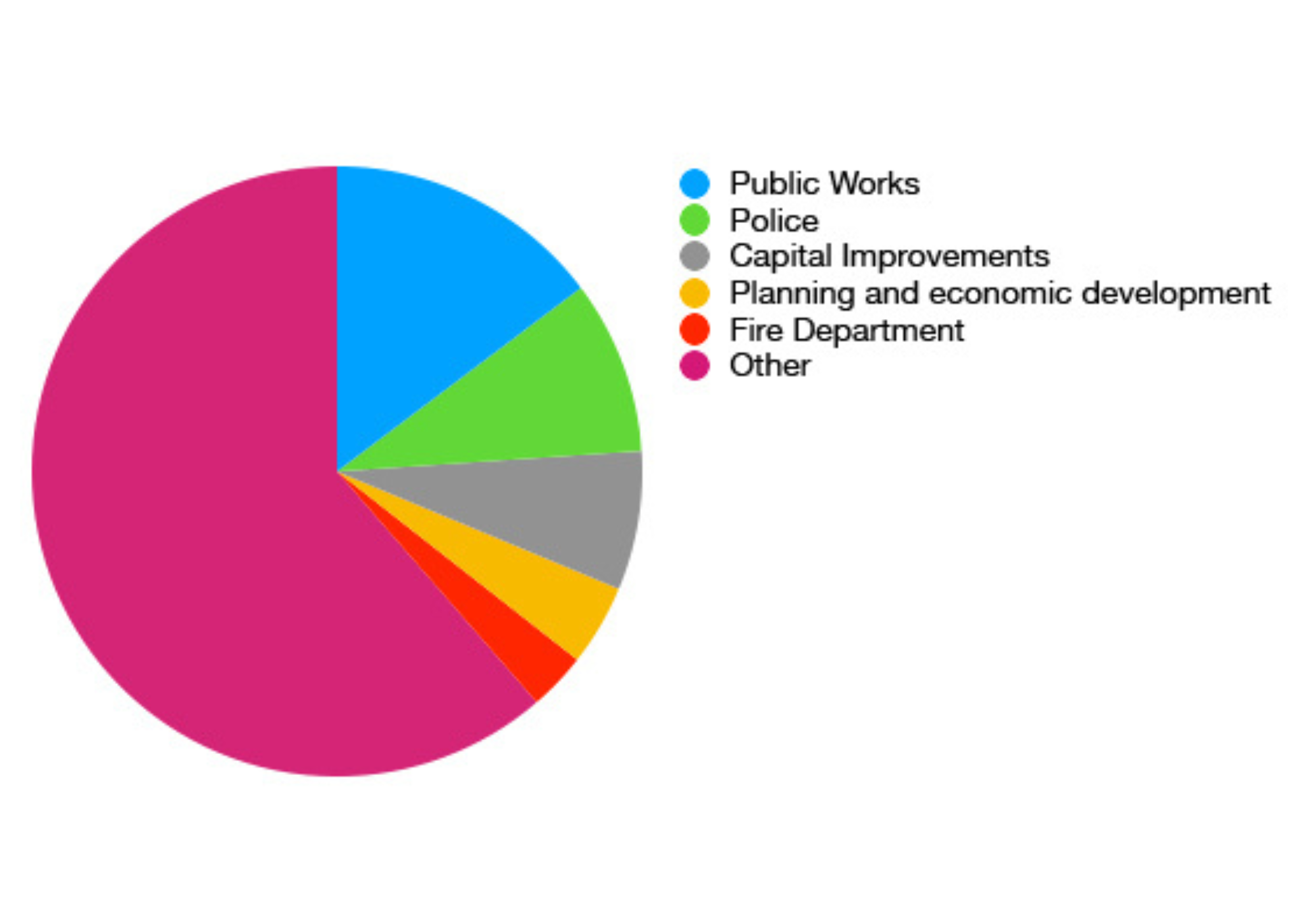This story was originally published on Minnesota Reformer
The Minneapolis City Council is poised to approve another $1.4 million in workers’ compensation settlements with 10 former police officers.
A council committee voted 5-1 Monday to approve the settlements, with only Chair Robin Wonsley voting “no.” The settlements await an Aug. 1 vote by the full council.
Since the murder of George Floyd, hundreds of Minneapolis police officers have left their jobs, with most retiring early, claiming post-traumatic stress disorder and getting disability pensions and workers’ compensation benefits.
In the first two years after Floyd’s murder, the Minneapolis City Council approved over $22 million in workers’ compensation settlements for 144 Minneapolis police officers, rejecting a settlement with an officer just once; he had been involved in an excessive force case.
The council has since approved millions more in settlements.
A $125,000 settlement with former MPD officer Christopher Cushenbery was sent back to city staff Monday because “there may have been an error,” Wonsley said.
Cushenbery was part of a SWAT team that drove around in an unmarked van firing 40-mm “less lethal” plastic projectiles at curfew-violators without warning five days after George Floyd’s killing. On the night of May 30, 2020, the SWAT team’s unmarked, white cargo van crept down Lake Street. Protests had ebbed but a curfew was in effect.
Cushenbery was the first officer to fire marking rounds at a small group of people standing in a Lake Street parking lot, hitting St. Paul truck driver Jaleel Stallings in the chest. Stallings fired back with his pistol, for which he had a permit. He testified later that he didn’t know the shots came from a van full of police officers or that they were 40-mm rounds as opposed to real bullets.
Under MPD policy, officers weren’t supposed to use 40-mm rounds to target a person’s head, neck, throat or chest “unless deadly force is justified,” because they could cause “permanent physical or mental incapacity or possible death.”
After Stallings fired back, the SWAT team piled out of the van and two officers beat him bloody. Stallings was hospitalized with a fractured eye socket, even as police and prosecutors painted him as a would-be cop killer. Stallings claimed self-defense, and was acquitted by a jury of eight charges, including two counts of attempted murder.
Cushenbery didn’t mention to investigators that the officers fired first, according to court documents.
Cushenbery left city employment in April 2021, and receives a state disability pension payment of over $5,100 per month.
Some council members have voted against past police workers’ comp settlements. Wonsley has said that many departing officers “engaged in gross misconduct that have produced many victims and have cost taxpayers over $77 million in liability settlements” since 2012.
Workers’ comp is insurance that helps workers who are hurt on the job. The City Council has been advised by its legal counsel that settling the workers’ comp cases with lump sum payouts is cheaper than going to trial. There’s no guarantee the city would win, and it could end up paying more.
City officials have said past misconduct is not legally relevant to whether the city has to pay workers’ comp benefits, and often lump sums are paid out for a fraction of the expected total liability. The money is paid out of the city’s self-insurance fund, which means city taxpayers — rather than an insurance company — would pay for the settlements if the council approves them.

.jpg)







